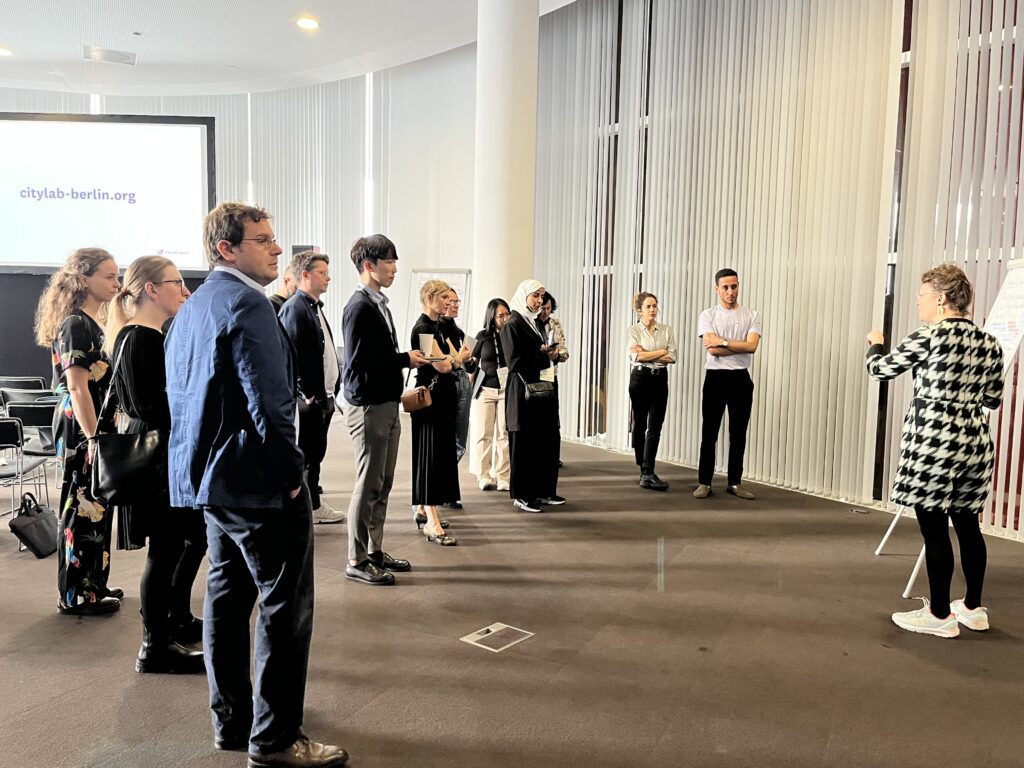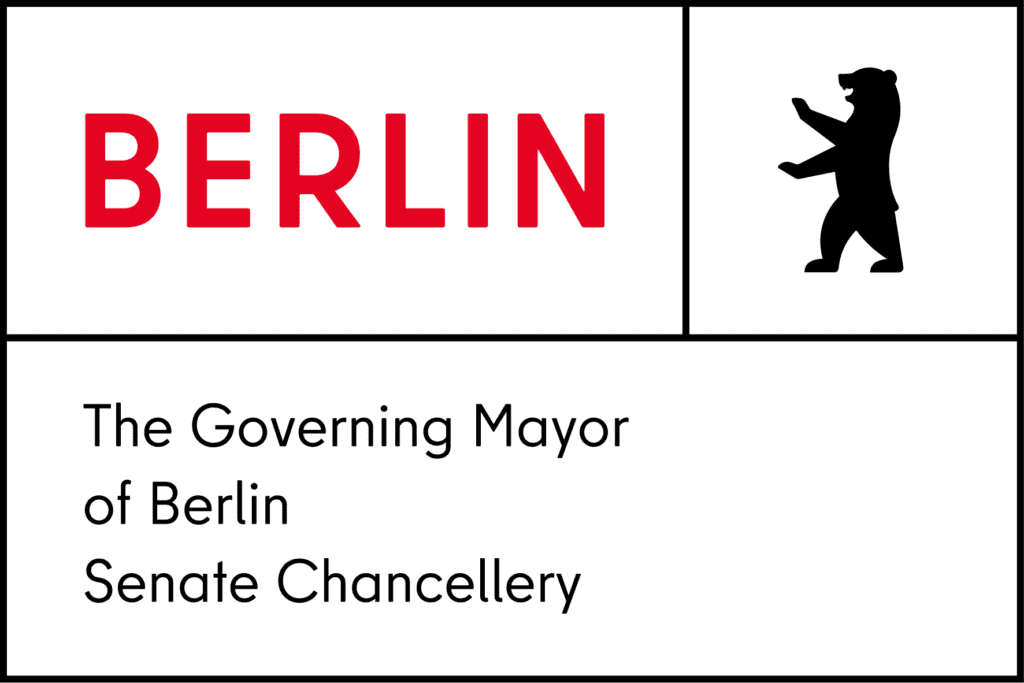How strong alliances can secure the success of public innovation labs
Written by Yannick Müller & Anne Kruse
This article was originally published at apolitical.com
Who was there and what was discussed?
There are already hundreds of public innovation labs worldwide, and many cities are considering founding their own labs or innovation units within their public administrations. Many such labs have already been successful in introducing innovative methodologies into the work of local government, such as user-centric prototyping approaches. Nevertheless, they also face challenges, including needing to convince decision-makers of their capabilities. This is why CityLAB Berlin, a project of Technologiestiftung Berlin, initiated ‘LabCamp’, a networking format for innovation labs organised in cooperation with Politics for Tomorrow.
Launched two years ago, LabCamp began as an effort to bring together German-speaking innovation units from Germany, Austria and Switzerland. More recently, we expanded our circle, hosting the first international edition of LabCamp at the 2022 Smart City World Expo in Barcelona. Let’s take a closer look into the four guiding questions we discussed during the LabCamp:
How can we transfer and integrate the solutions and learnings back to the public administration?
We learned that Barcelona’s i.lab tries different approaches for improving governance, infrastructure and participatory methodologies. Citizens, business, academia and public administration jointly define and promote innovative strategies for addressing the complex challenges facing the city and metropolitan area. Approaches used by the lab include neighbourhood participation initiatives as well as living lab approaches, and open innovation ecosystems in real-life environments (e.g. within the education system). Given that the approaches are transparent and based on iterative feedback processes, administrations can use feedback from involved parties to learn from both successful and failed initiatives and either quickly adapt and re-implement successful formats or adjust and improve less successful formats. This is an important learning for Barcelona as well as other cities.
How can public innovation labs place citizens in the centre of their work?
When will cities be brave enough to use citizen satisfaction or engagement as a KPI? The international LabCamp offered a space for discussing best practices with respect to civic participation. The discussion touched on topics like advanced strategies (e.g. Smart City Playbook, Boston), active stakeholders (e.g. Fondazione Romano, Bologna / Participation officers, Taiwan), urban experiments (e.g. Testbed, Helsinki) and digital platforms for civic participation (e.g. Decidim, Barcelona / Gieß Den Kiez, Berlin). These very different approaches towards open government structures foster a shared narrative and close cooperation on specific public missions. In the last few years, innovation labs have been pushing for governance in favour of open processes. The manifold experiences clearly tell us: public-public or public-civic partnerships can be very successful! Find out yourself–by asking your citizens.
International exchange enables a sort of innovation cross-pollination across borders, giving all involved parties new opportunities to grow and flourish.

How can public innovation labs use public data for public good?
The idea itself hardly seems novel: wherever possible, cities should use data to inform their decision-making about how to best address challenges they are trying to solve. But all too often, the reality is different. Although we’re seeing more and more political discussions around open data, actually finding the data you need in your city feels like a treasure hunt. Public innovation labs need to know both where to find data and how to get access to it. When discussing this issue during the LabCamp in Barcelona, concepts like data warehouses (e.g. Open North, Toronto) and well-organised data catalogues (e.g. Helsinki Region Infoshare) were introduced by participants as useful measures. The potential of data to improve our quality of life cannot be overstated. Public and accessible data helps us find solutions for the most pressing challenges by improving the services in question. By revealing interdependencies and connections, we get valuable insights with which measures for improving our everyday lives can be designed. During the gathering it was emphasised that building critical infrastructure with smart administration processes (e.g. Project DigitAll, Hamburg), creating holistic, digital ecosystems (e.g. City Data Commons, Barcelona), and running ambitious, co-creative strategy processes (e.g. Gemeinsam Digital Berlin) are great ways to secure and unleash the potential of public data sets.
What are the benefits of international networking and exchange for public innovation labs?
The various inputs and impulses over the course of the international LabCamp edition clearly demonstrated the value of such networking formats for innovation processes in local governments. These formats allow innovation units to exchange ideas and learn from each other, creating opportunities for transfers of knowledge and ideas that cross municipal as well as national borders. Armed with these new ideas and insights, local governments can then, in turn, work with local citizens and other stakeholders to test out new solutions for improving the function and accessibility of government services. In short: international exchange enables a sort of innovation cross-pollination across borders, giving all involved parties new opportunities to grow and flourish.
Public innovation labs are a way to find new solutions and develop outside-the-box, mission-oriented ways of tackling these challenges. This first, on-site LabCamp was successful in terms of its intention to connect participants from various different countries such as South Korea, Brazil, Spain and Finland.
Our crucial learnings: The challenges these labs face are strikingly similar! All too often innovation labs are project-based and thus only funded for short-term engagements, leaving their employees with significant job insecurity and the inability to take on projects with longer time horizons or larger scopes. Yet at the same time, public administrations are increasingly finding themselves facing enormous and novel challenges born out of a time of “polycrises”. They require new approaches that go beyond established processes and standards. Let’s keep learning from one another.
For further information visit our project page and the knowlegde repository.
